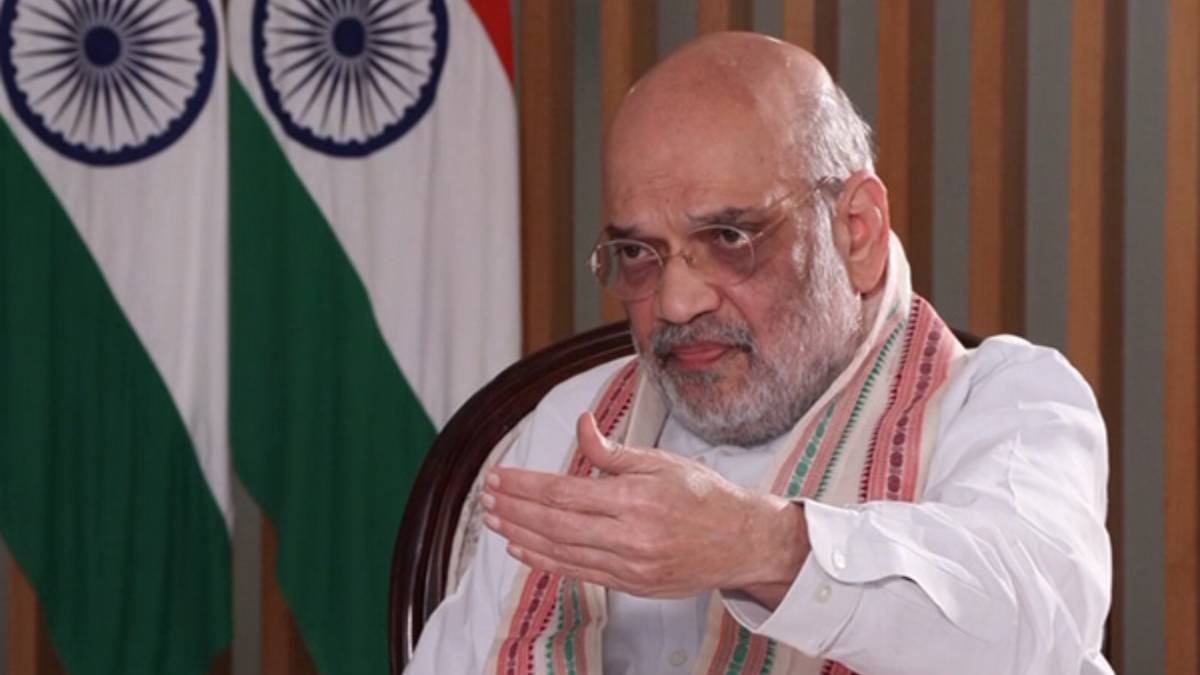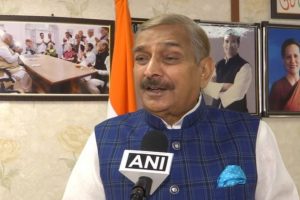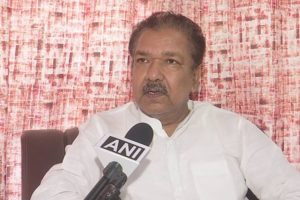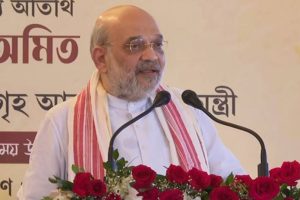Union Home Minister Amit Shah on Monday expressed strong confidence that the Constitution (130th Amendment) Bill, 2025, will be passed in Parliament, despite sharp opposition criticism.
The bill seeks to ensure automatic removal of the Prime Minister, Chief Ministers, and Ministers if they are arrested and detained for 30 consecutive days on charges punishable by imprisonment of five years or more. It has been referred to a 31-member Joint Parliamentary Committee (JPC) for detailed scrutiny.
Defending the move, Shah said the amendment was about protecting “constitutional morality” and public trust. He underlined that the law would apply equally to all leaders, including those from the BJP.
“I am sure it will be passed. Many in the Congress and opposition will support morality and the moral ground… The Prime Minister has included his own post under this law. Earlier, Indira Gandhi had brought the 39th amendment to protect the PM and others. Narendra Modi ji has brought an amendment against himself, saying that if the PM goes to jail, he must resign,” Shah said.
Shah dismissed opposition allegations that the bill could be misused to destabilise non-BJP governments, stating that courts would act as a safeguard.
“Our courts understand the seriousness of this law. If someone has to resign after 30 days in custody, the court will decide on bail before that. The Constitution-makers never imagined that a CM would remain in office while in jail. This bill makes it clear—no one can run a government from prison,” he said.
Referring to Delhi Chief Minister Arvind Kejriwal’s recent case, Shah noted that he received bail within 30 days but argued that he should have resigned on moral grounds. Under the new provision, he added, resignation would become mandatory.
The Home Minister clarified that leaders granted bail even after 30 days in custody could return to office.
“They can take oath again after bail. The key principle is that governance cannot happen from jail,” Shah emphasised.
On the Trinamool Congress’s decision to boycott the JPC, Shah said the government had provided them an opportunity to participate but could not force them.
“Every party’s opinion should be heard. If the Opposition chooses not to engage, the public is watching. Parliament cannot stop functioning for four years because of political disagreements,” he added.
The bill has sparked intense debate, with the ruling party framing it as a step towards accountability, while the Opposition alleges it is politically motivated.





